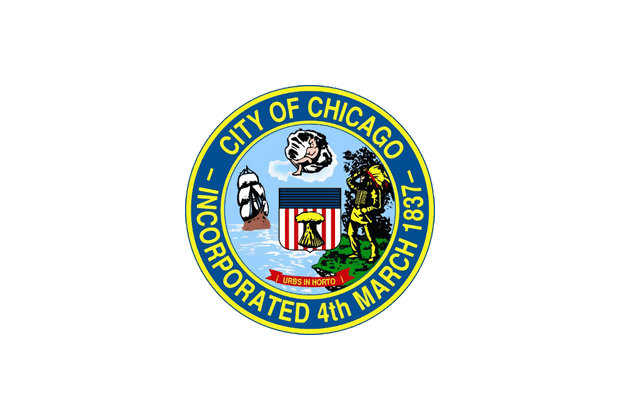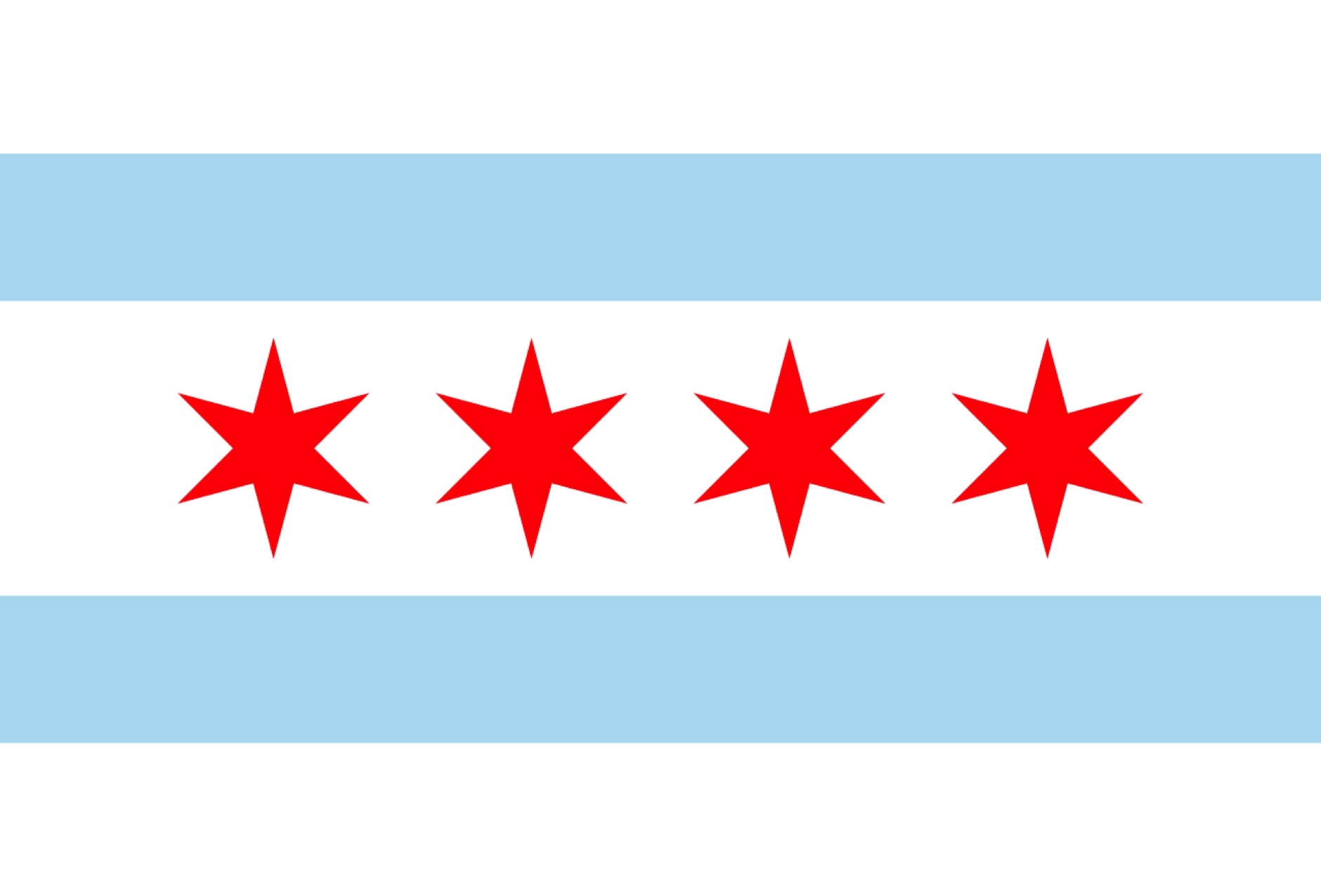Rahm Emanuel, mayor of Chicago, has been asked by an anti-tobacco group to make the parks of the country’s third-largest city smoke-free, a move that is being heralded as one that will help people quit smoking and prevent litter while protecting the health of other park-goers.
On Monday, Joel Africk, president and CEO of the Respiratory Health Association, called on Emanuel to begin the process of banning tobacco products from parks, saying that since New York City and Boston have smoke-free parks, “the children of Chicago deserve smoke-free parks as well.” He added that “if there are fewer outdoor locations where one can smoke, people who are trying to quit are going to be successful. There’s also less litter when you make your parks smoke-free,” according to the Chicago Sun-Times.
In addition, Africk called on Emanuel to enact an additional tax on other tobacco products–anything other than cigarettes–to level the playing field and quell demand for nicotine. Currently, Chicago has the highest cigarette tax in the nation, $7.17 per pack, which saw an increase of $0.50 in the mayor’s 2014 budget.
Currently, premium cigars in Chicago face the federal S-CHIP tax of $0.40, plus a state tax of 36% of the wholesale price and an additional $0.30 imposed by Cook County. Smoking tobacco, smokeless tobacco and little cigars are all taxed at different rates.
Africk’s announcement came as part of a press conference at City Hall to kick off Smoking Cessation Awareness Week in the city.
Emanuel has been a staunch anti-tobacco advocate, prohibiting the sale of flavored tobacco products within 500 feet of schools, banning the use of e-cigarettes wherever traditional smoking is banned and forcing them to be moved behind the counter where they are sold.
In response to the request, a statement issued by City Hall said that “City Hall is aware of the request to expand the City’s existing 100% smokefree beaches policy to all parks and will explore it further.”
No further action has been announced by the mayor’s office.
Chicago is home to approximately 2.715 million residents.


